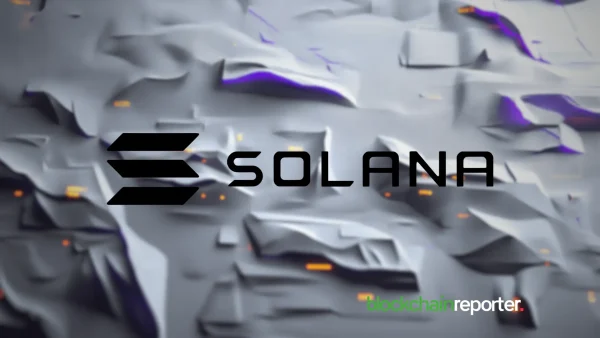
A Solana whale holding $192 million in 1.32 million SOL tokens made a sale of $10.7 million by discarding their 100,000 SOL tokens just 30 minutes back according to on-chain data. This recent transaction follows 15 days ago when the whale unstaked 1.32 million SOL and then deposited 1.2 million SOL into Kamino before borrowing 20 million USDC for market trading.
Strategic Sale to Manage Debt
The whale made a calculated $10.7 million move by selling 100,000 SOL tokens for $107 each which suggests a debt reduction strategy to repay 20 million USDC borrowed through Kamino. The Solana-based DeFi protocol Kamino provides services that allow users to deposit SOL assets for stablecoin borrowings as a standard DeFi practice to gain leverage.
The whale executed a strategic asset disposition using SOL tokens priced at $107 because market fluctuations have resulted in Solana experiencing $70.03 million in liquidations while the asset value declined since its peak.
Market Context and Solana’s Performance
Solana’s price remains under pressure as fear grips the broader crypto market when considering the recent liquidations which indicate caution (Fear & Greed Index at 18).
Solana’s ecosystem maintains strength despite market events because its total value locked across liquid staking platforms shows no significant change according to recent reports.
The whale unstaked their Solana position and used it as collateral for borrowing 15 days ago when market uncertainty surged, and the sale indicates they needed to mitigate leveraged position risks caused by SOL price declines.
Implications for Market
By unloading $10.7 million worth of SOL the whale has increased the selling force on this volatile asset while it already experiences market price fluctuations. The whale’s ongoing position with 1.22 million SOL valued at $181 million currently held will be extensively monitored for potential influence on SOL’s short-term market movement.
DeFi lending and borrowing operate at high stakes because of the volatile nature observed in modern market conditions.









